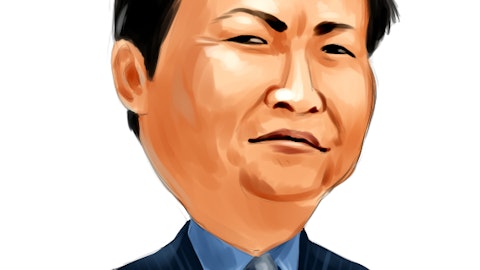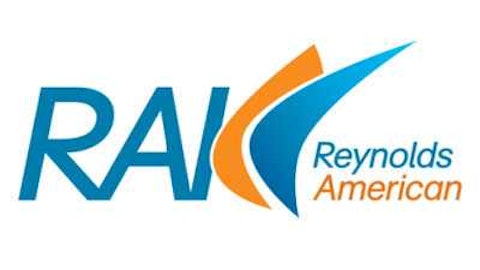
Winters owned 1.3 million Class B shares of Berkshire Hathaway Inc. (NYSE:BRK.B), making Warren Buffett’s holding company the largest position in his portfolio. Value investors universally admire Buffett, but don’t always have the humility to trust the #1 slot in their portfolio to his discretionary investment activities. Find Buffett’s favorite stocks. Of course, in some cases this may be because value funds balk at the premium valuation Berkshire Hathaway Inc. (NYSE:BRK.B) carries relative to book (the P/B ratio is 1.5) or because of uncertainty as to whether or not Buffett’s successors will be similarly skilled in investing.

Philip Morris International Inc. (NYSE:PM) was another of Winters’s top picks with the filing disclosing ownership of 1.2 million shares. The cigarette company is valued at trailing and forward earnings multiples of 17 and 14, respectively. In theory the company’s international focus gives it better growth prospects than its peers , but still in value terms it seems a bit pricy considering that business has been generally stagnant going by recent reports. Of course, cigarette stocks do tend to be high yielders and Philip Morris International Inc. (NYSE:PM) is no exception with recent quarterly dividend payments implying an annual yield of 3.8%.
The fund owned a little over 3 million shares of Canadian Natural Resource Ltd (USA) (NYSE:CNQ) at the beginning of April. The oil and gas company experienced some troubles in the first quarter of 2013 in terms of expenses, and as a result net income was down considerably versus a year earlier. However, Wall Street analysts expect the business to recover with the result being a forward P/E of 12. That’s in line to slightly higher than what we find at the oil majors, and so Canadian Natural Resource Ltd (USA) (NYSE:CNQ) would have to outperform its industry to be attractive at this price.
Wintergreen increased its stake in Reynolds American, Inc. (NYSE:RAI) by 39% between January and March, a big move for the fund. In terms of cigarette companies Reynolds American, Inc. (NYSE:RAI) is generally considered more mature than Philip Morris International Inc. (NYSE:PM), and its revenue did decline 3% in its last quarterly report compared to Q1 2012. The flip side of this is that the company distributes more of its cash to shareholders- the dividend yield is almost 5%- and Reynolds American, Inc. (NYSE:RAI) has little correlation to the overall economy as well with a beta of 0.5.
Cigarette stocks are worthwhile targets for income or defensive investors, in our view, though of course there are other picks in the industry than Philip Morris or Reynolds American. Franklin Resources, Inc. (NYSE:BEN) is trading close to value territory, and we’d be interested in examining the company in more depth to see how sustainable its recent financial performance might be.
Disclosure: I own no shares of any stocks mentioned in this article.




